Feeding horses seems to have become a complicated business. This short article written by Dr. Stephanie Wood outlines the key points to consider when deciding what to feed your horse and in what quantities...
Andrew Peffers BVetMed Cert AVP (Equine Dentistry) BAEDT MRCVS takes an in-depth look at some dental diseases affecting horses, and explains why regular dental care is so important.
Boswellia has increased in popularity for feeding to horses over recent years. Feedmark are continuously investing in new product development (NPD) so horse owners can support their horse's health with the products and ingredients they want. In response, Feedmark have developed Boswellium™...
Colic is a common veterinary problem. Feedmark's Nutritionist, Abigail Malone, explores what colic is, the signs to look out for and its associated risk factors.
Feedmark's Director of Science and Nutrition, Dr. Stephanie Wood, takes an in-depth look at Boswellia, a popular addition to many horses' diets.
Dr. Stephanie Wood investigates the ways in which you can manage your horse's grass intake...
As horse managers we are aware that time at grass is important for our equine companions. Dr. Simon Daniels explores what is the real nutrient content of grass for horses.
Your horse’s gut plays such an important role in maintaining health and wellbeing. Professor Jo-Anne Murray, discusses your horse's gastrointestinal structure and function...
Abilgail Malone, Feedmark's Nutritionist, investigates what your horse needs from his diet for optimum hoof health.
Dr. Stephanie Wood, Director of Science and Nutrition, investigates what Atypical Myopathy is and how you can reduce the risk...
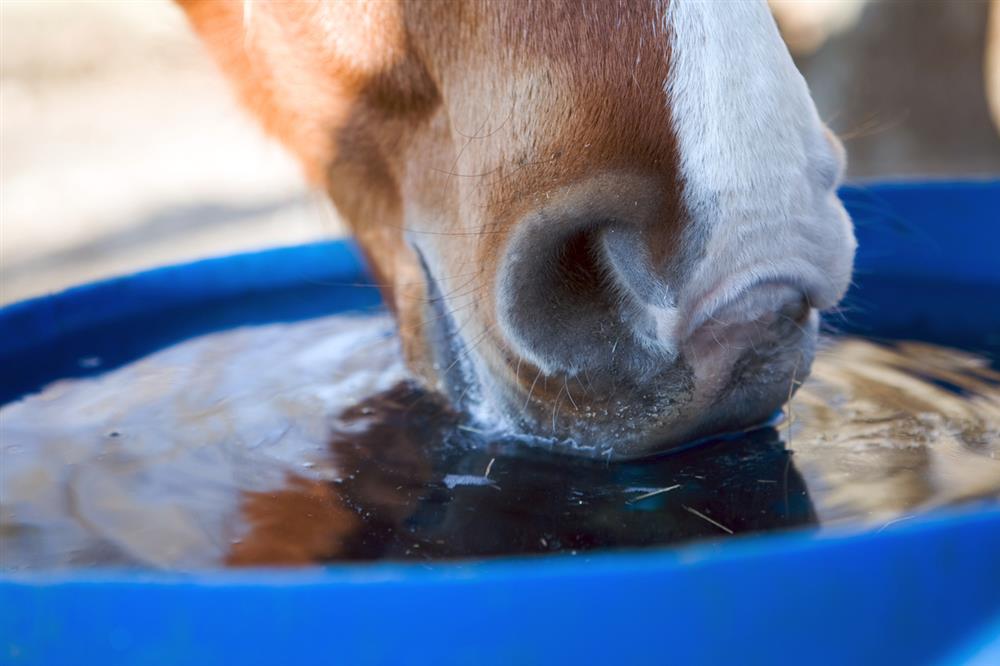
Whether you’re at home with your furry companion or out at a competition, hydration is key. Before grabbing your hat and boots or your dog’s lead, consider whether they are well hydrated and how you can reduce the risk of dehydration.
 - Copy 1.png)
To help raise further awareness and stop the stigma associated with Strangles, Feedmark's Science and Nutrition Department explain what it is and the potential symptoms. Our Senior Nutritionist also gives advice on how to prevent an outbreak and what to do if you think your horse may have this common bacterial disease.


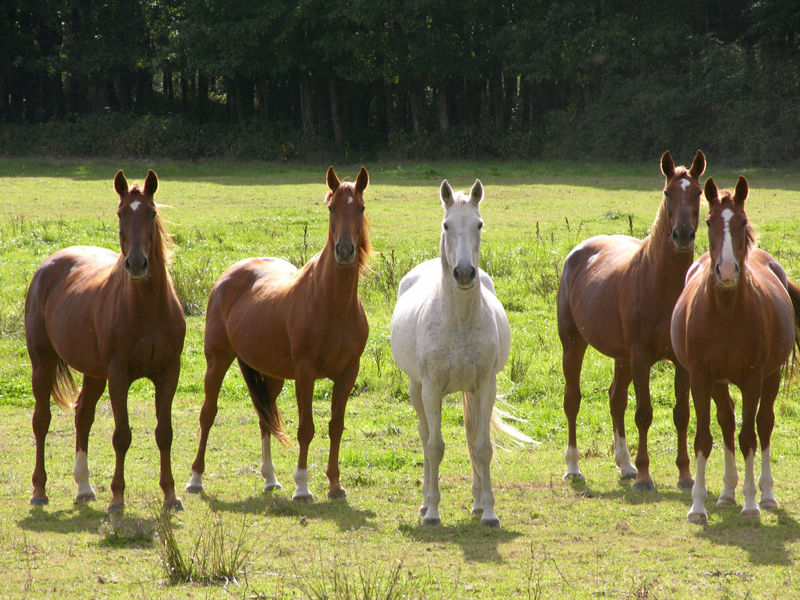
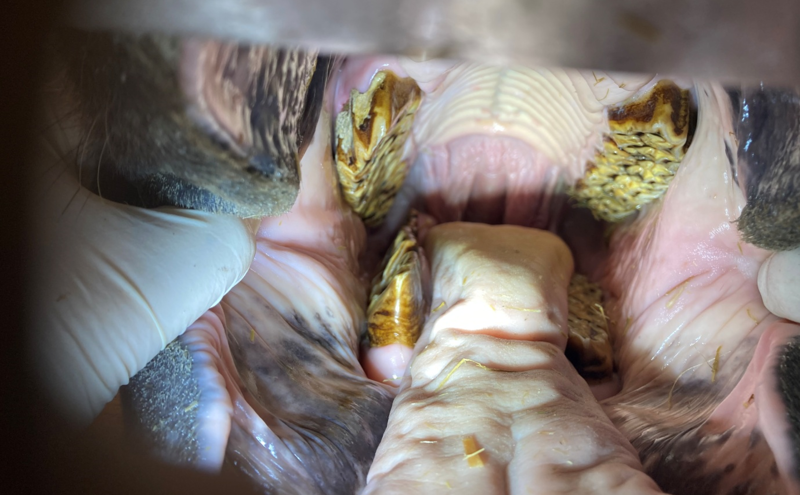
_800.png)
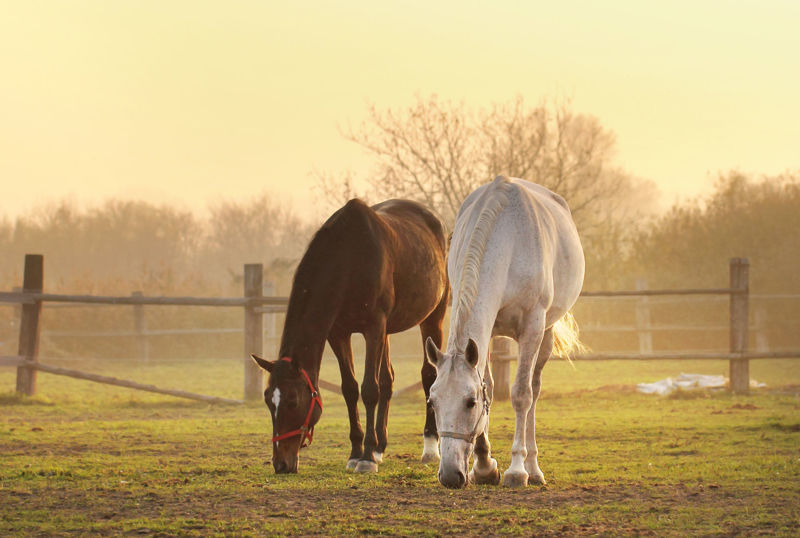

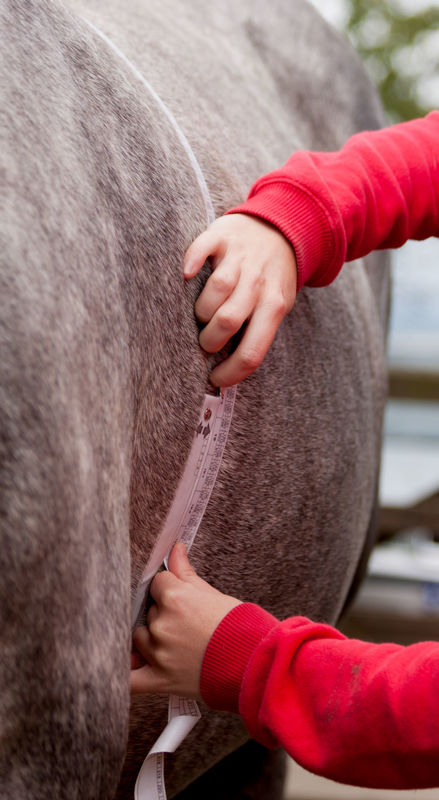
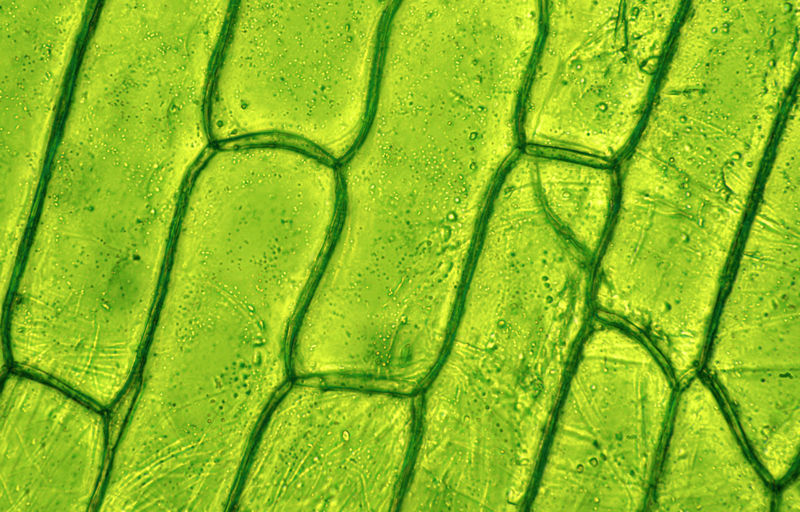
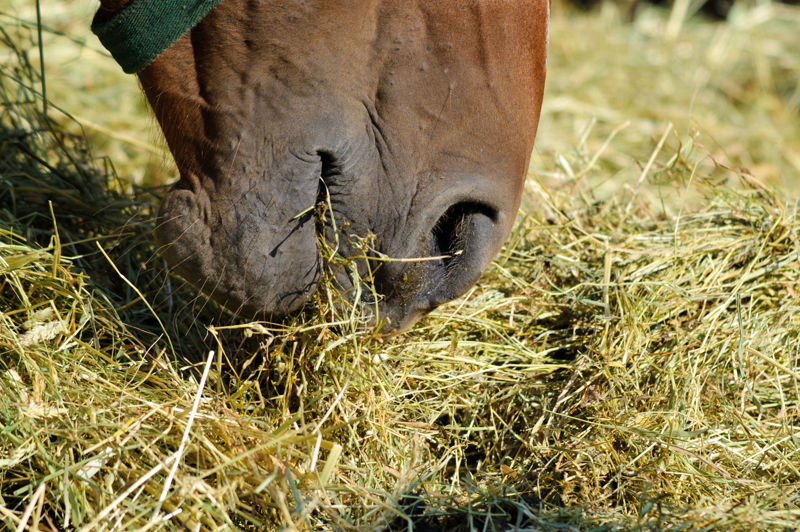
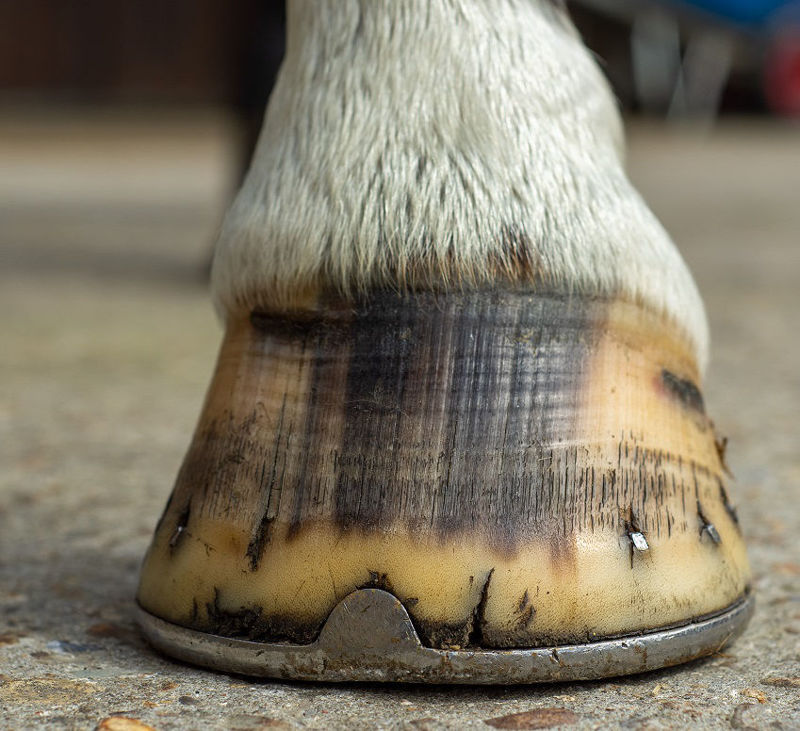
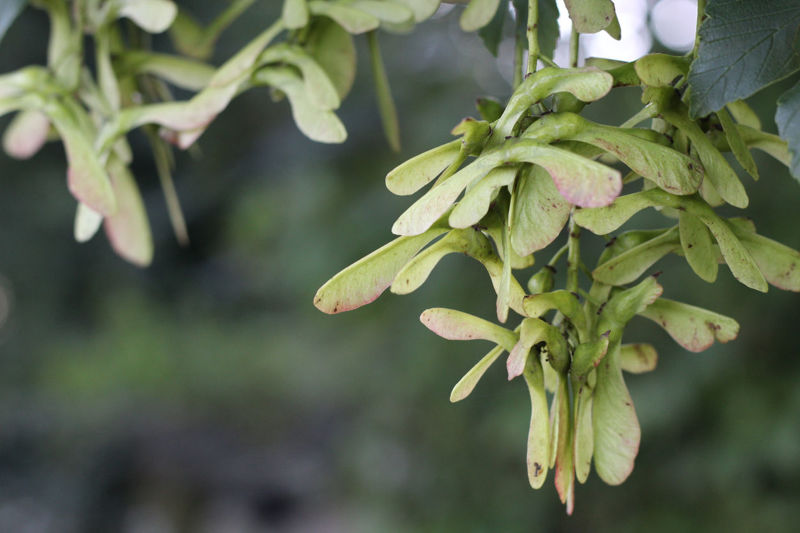

 - Copy 1.png)